

Dave Humphreys
2027 Skoda Epiq review: Quick drive
3 Hours Ago

News Editor
Tesla’s long-awaited electric truck has finally been priced for the US, ahead of a claimed production start in 2023.
The Tesla Semi, an electric heavy truck first revealed in concept form in 2017, will be priced from US$150,000 (A$217,879) with a claimed range of 483km.
A longer-range model with 805km of range will be priced from US$180,000 (A$261,526).
Tesla’s US website now allows customers to place a reservation, though this will cost US$20,000 (A$29,058) – or the price of a base Toyota Corolla there.
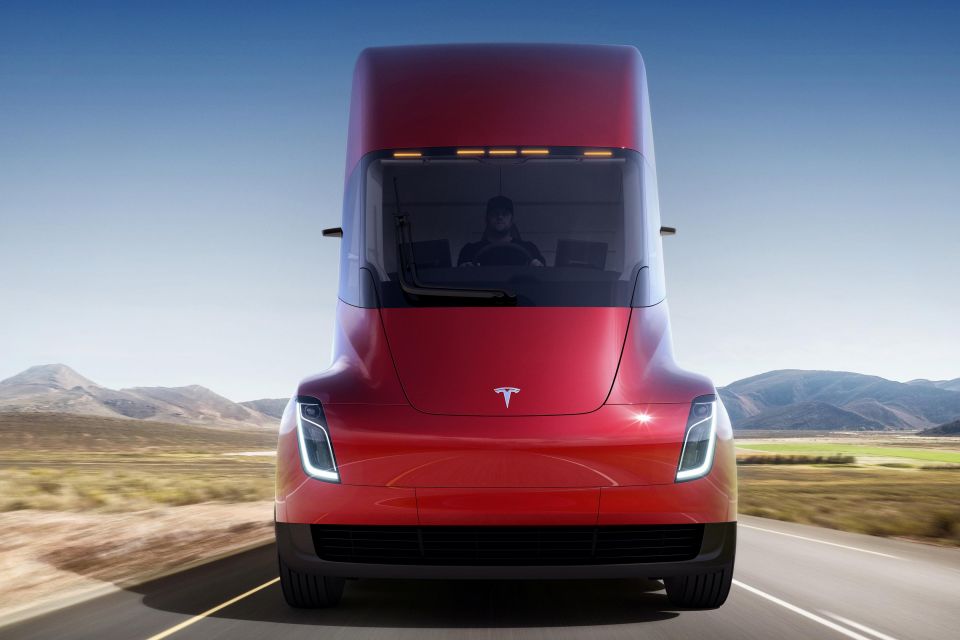
The Semi will feature four independent electric motors across the rear axles, though Tesla has yet to confirm battery specifications for the truck.
It has, however, claimed it’ll use less than 2kWh of energy per mile (1.6km) and save buyers up to US$200,000 (A$290,585) in fuel costs.
The claimed 0-60mph (0-96km/h) time with an 36.28-tonne load is 20 seconds, and Tesla claims the Semi will hit 96km/h heading up a five per cent grade.
Company CEO Elon Musk confirmed earlier this year we shouldn’t expect to see production of the Semi begin this year.
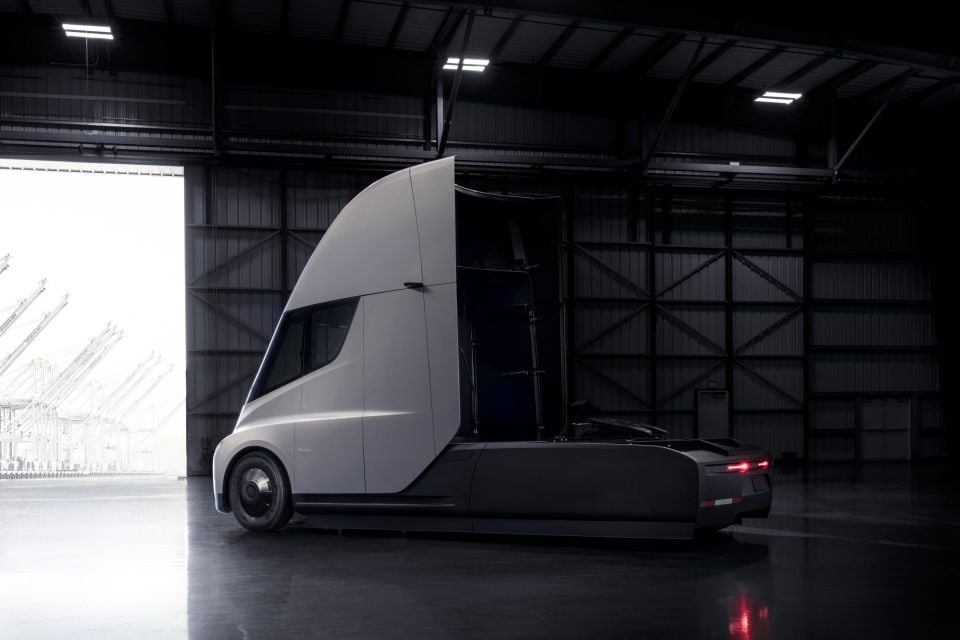
“We will not be introducing new vehicle models this year. It would not make any sense because we’ll still be parts constrained,” he said in a fourth-quarter 2021 earnings call in January.
“We will, however, do a lot of engineering and tooling, whatnot to create those vehicles: Cybertruck, Semi, Roadster, Optimus, and be ready to bring those to production hopefully next year.
“That is most likely.”
The Roadster is another oft-delayed Tesla, having first been previewed in prototype form in 2017 at the reveal of the Semi prototype.
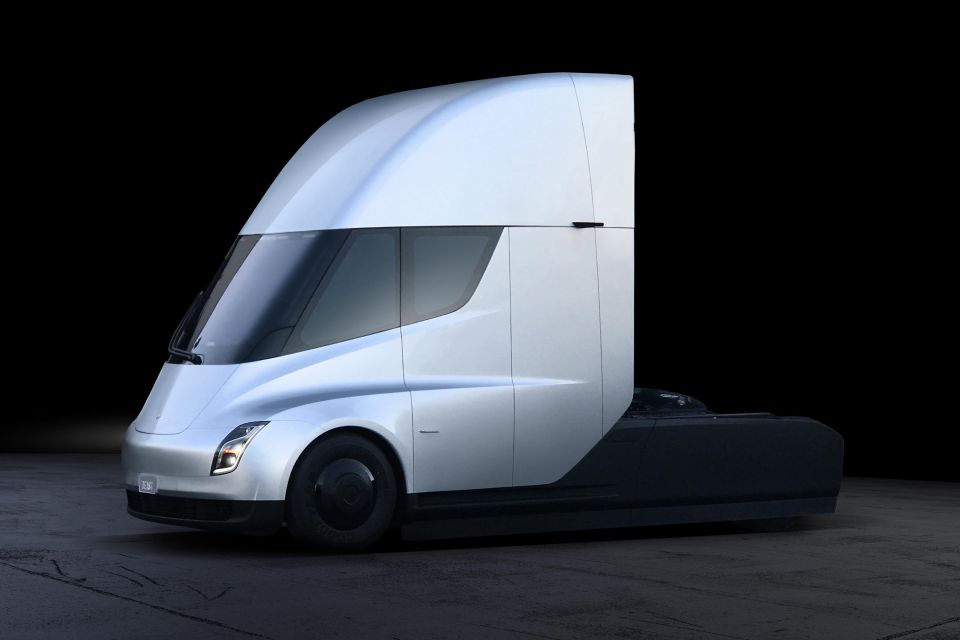
In a subsequent earnings call, Tesla said it was considering an 800V electrical architecture for the Semi but ruled it out for smaller models like the Model 3. Beyond that, however, no further information on the Semi has been released of late.
The company doesn’t have a PR team in the US, and announcements more often than not are made via Elon Musk’s personal Twitter account.
He hasn’t tweeted about the Semi recently, with his latest tweets being about his views on US politics and his love of chocolate milk.
Imagery on Tesla’s website shows the Semi appears unchanged from the initial concept, with an aerodynamic-looking cab.
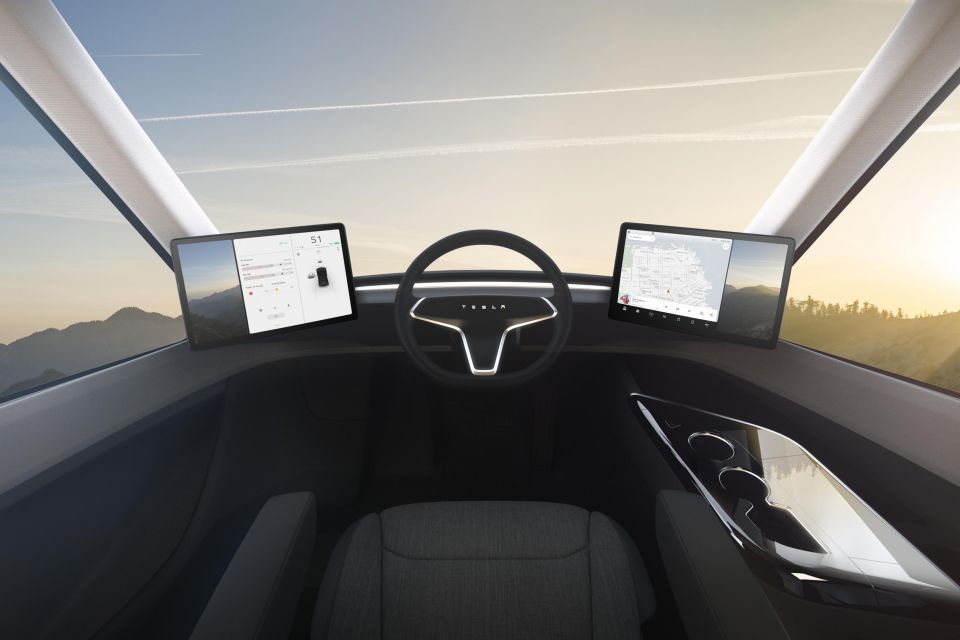
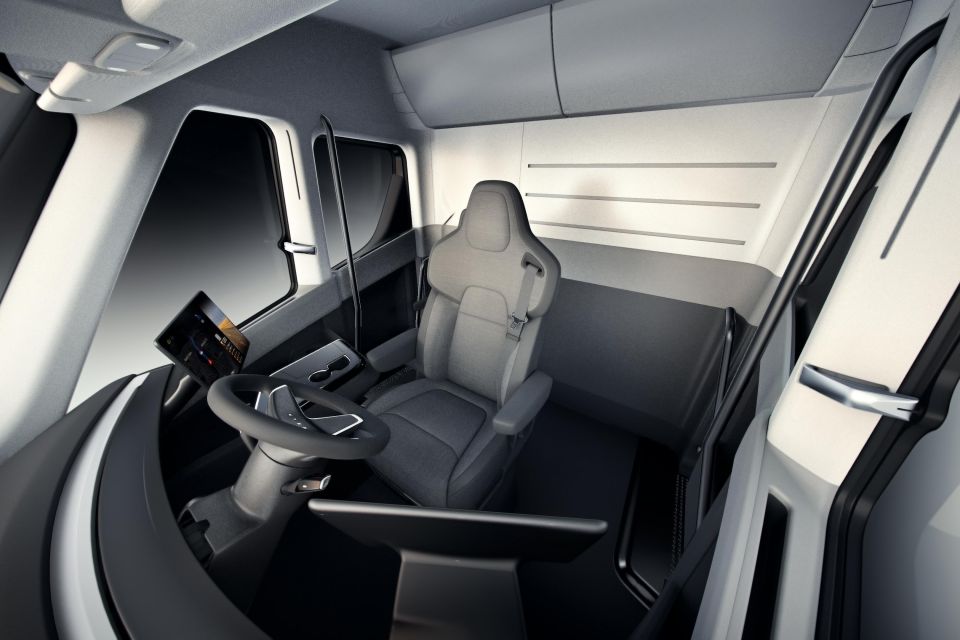
Inside, there’s a single, centre-mounted seat, with large touchscreens positioned ahead of each A-pillar and angled towards the driver.
Tesla has never produced a heavy truck, which poses a further challenge for the company.
In contrast, manufacturers introducing electric semis like Daimler and Volvo have plenty of experience manufacturing heavy trucks.
The Freightliner eCascadia from Daimler Trucks offers a choice of 194kWh, 291kWh and 438kWh batteries and a claimed range of either 249, 354 or 370 kilometres.
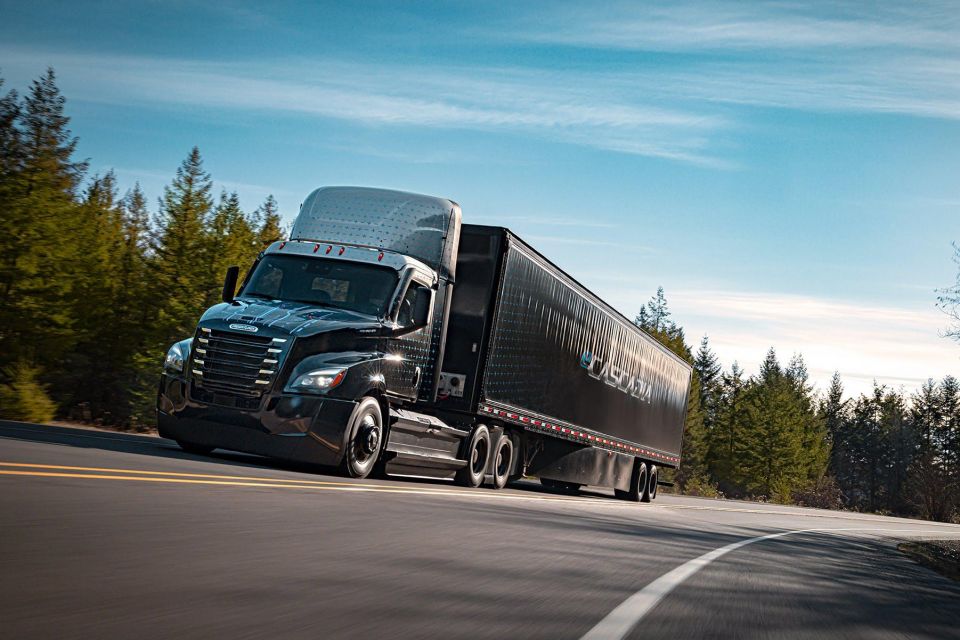
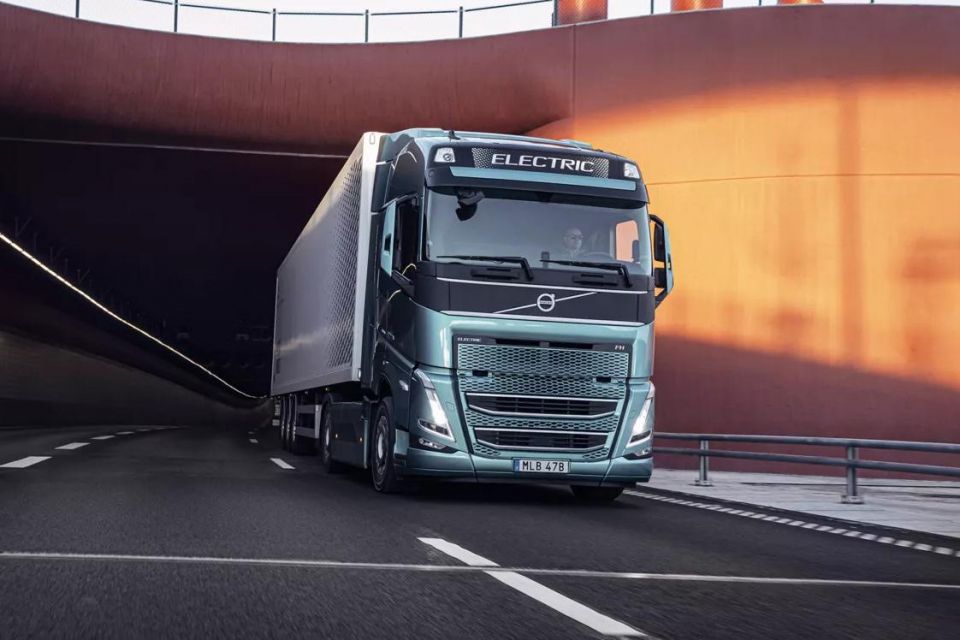
Its Detroit ePowertrain is available in either single- or dual-motor configurations, the former with 143kW of power and maximum torque of 15,600Nm and the latter with 294kW and 31,000Nm.
Volvo’s FM and FH electric trucks offer up to 540kWh of battery capacity, with the FM offering up to 380km of range.
They feature 2-3 electric motors, with claimed continuous power of up to 490kW, and support DC fast charging at up to 250kW.
Volvo Trucks began serial production of electric trucks in 2019, and its electric lineup now comprises six vehicles.
Go deeper on the cars in our Showroom, compare your options, or see what a great deal looks like with help from our New Car Specialists.
William Stopford is an automotive journalist with a passion for mainstream cars, automotive history and overseas auto markets.


Dave Humphreys
3 Hours Ago

Damion Smy
4 Hours Ago
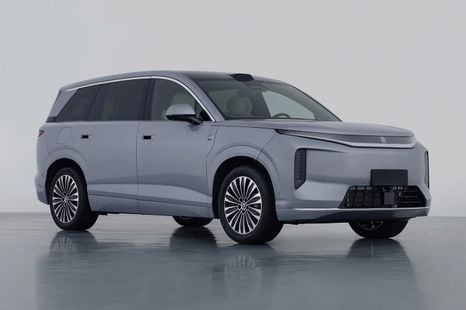

William Stopford
4 Hours Ago


CarExpert
6 Hours Ago
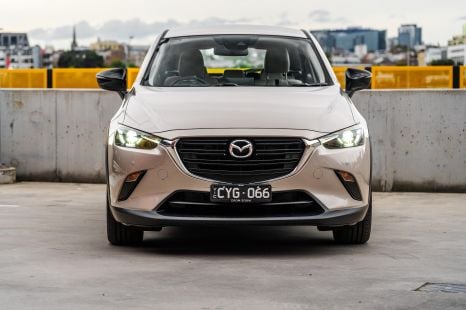

William Stopford
6 Hours Ago
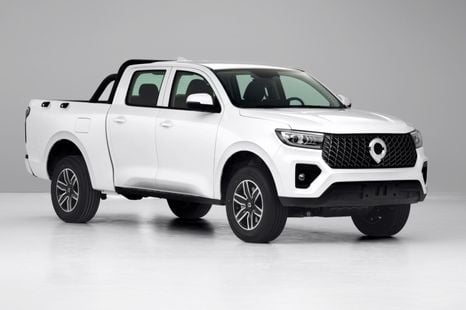

Damion Smy
7 Hours Ago
Add CarExpert as a Preferred Source on Google so your search results prioritise writing by actual experts, not AI.